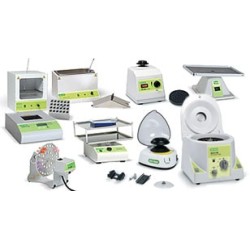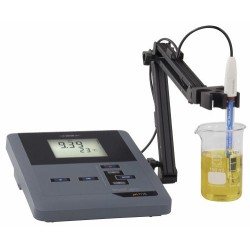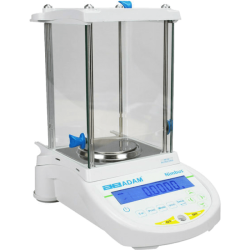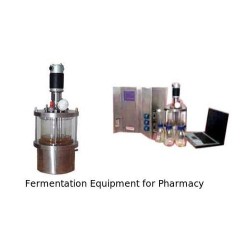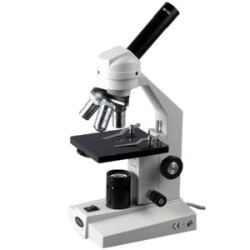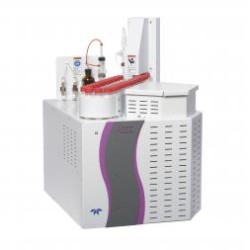Click Image for Gallery
ACE
Angiotensin-converting enzyme (ACE) is a pivotal component of the renin-angiotensin system (RAS) and plays a critical role in circulatory homeostasis by causing blood vessels to constrict by converting angiotensin I to angiotensin II. This enzyme is also regulated in glucose metabolism by bradykinin, which induces glucose uptake by muscle cells. In addition, local RAS in a variety of tissues, promote cell growth in diverse tissues, including in lung and skeletal muscles. ACE inhibitors are widely used as pharmaceutical drugs for the treatment of cardiovascular diseases such as hypertension.
Increased amounts of ACE often correlate to the presence of granulomas secondary to sarcoidosis, an idiopathic condition that often affects the lungs, eyes, skin, nerves, liver and heart. About 50-80 % of patients with active sarcoidosis will have elevated levels of ACE. Test for ACE is primarily ordered to help diagnose and monitor sarcoidosis and also to monitor the effect of certain hypotensive drugs (Captopril family) that inhibit ACE during the treatment of heart failure and hypertension.Angiotensin-converting enzyme (ACE) is a pivotal component of the renin-angiotensin system (RAS) and plays a critical role in circulatory homeostasis by causing blood vessels to constrict by converting angiotensin I to angiotensin II. This enzyme is also regulated in glucose metabolism by bradykinin, which induces glucose uptake by muscle cells. In addition, local RAS in a variety of tissues, promote cell growth in diverse tissues, including in lung and skeletal muscles. ACE inhibitors are widely used as pharmaceutical drugs for the treatment of cardiovascular diseases such as hypertension.
Increased amounts of ACE often correlate to the presence of granulomas secondary to sarcoidosis, an idiopathic condition that often affects the lungs, eyes, skin, nerves, liver and heart. About 50-80 % of patients with active sarcoidosis will have elevated levels of ACE. Test for ACE is primarily ordered to help diagnose and monitor sarcoidosis and also to monitor the effect of certain hypotensive drugs (Captopril family) that inhibit ACE during the treatment of heart failure and hypertension.
Increased amounts of ACE often correlate to the presence of granulomas secondary to sarcoidosis, an idiopathic condition that often affects the lungs, eyes, skin, nerves, liver and heart. About 50-80 % of patients with active sarcoidosis will have elevated levels of ACE. Test for ACE is primarily ordered to help diagnose and monitor sarcoidosis and also to monitor the effect of certain hypotensive drugs (Captopril family) that inhibit ACE during the treatment of heart failure and hypertension.Angiotensin-converting enzyme (ACE) is a pivotal component of the renin-angiotensin system (RAS) and plays a critical role in circulatory homeostasis by causing blood vessels to constrict by converting angiotensin I to angiotensin II. This enzyme is also regulated in glucose metabolism by bradykinin, which induces glucose uptake by muscle cells. In addition, local RAS in a variety of tissues, promote cell growth in diverse tissues, including in lung and skeletal muscles. ACE inhibitors are widely used as pharmaceutical drugs for the treatment of cardiovascular diseases such as hypertension.
Increased amounts of ACE often correlate to the presence of granulomas secondary to sarcoidosis, an idiopathic condition that often affects the lungs, eyes, skin, nerves, liver and heart. About 50-80 % of patients with active sarcoidosis will have elevated levels of ACE. Test for ACE is primarily ordered to help diagnose and monitor sarcoidosis and also to monitor the effect of certain hypotensive drugs (Captopril family) that inhibit ACE during the treatment of heart failure and hypertension.




